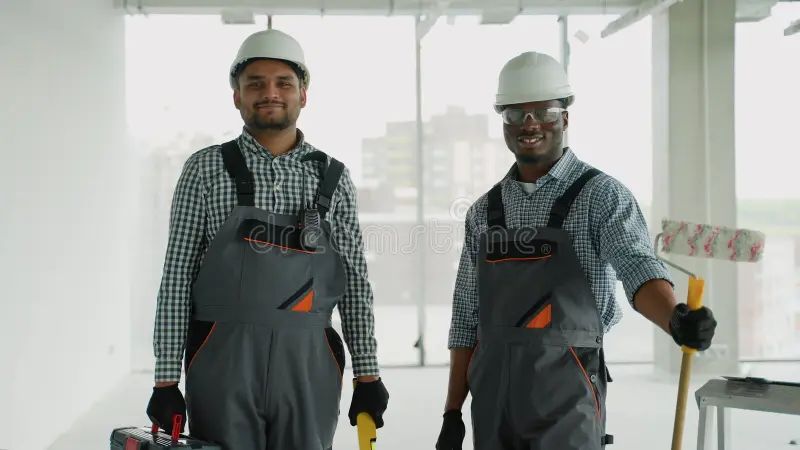Unlocking the Power of HR Technology for Small Businesses in Manufacturing and Construction with Targeted HR Consulting
Unlocking the Power of HR Technology for Small Businesses in Manufacturing and Construction with Targeted HR Consulting

Gone are the days when only large companies could afford to use HR technology. Today, small businesses in industries like manufacturing and construction can significantly benefit from tools like HR Information Systems (HRIS) and Applicant Tracking Systems (ATS). Not only do these tools streamline administrative tasks, but they also free up time for business owners and HR teams to focus on strategic growth. According to The Workforce Institute, companies that implement HR software can increase productivity by up to 25% (The Workforce Institute).
At Targeted HR Consulting, we specialize in helping small businesses adopt and implement these technologies, ensuring your HR operations are efficient and scalable. Whether you’re automating payroll, tracking employee performance, or speeding up recruitment, we’ve got you covered.
Here’s why HR technology is a must: Imagine interviewing a candidate for a data entry role, only to find out they think “Macros” in Excel refers to something you eat! Yes, that happened. With the right HR tech in place, you can automate candidate screening, eliminating those who don’t meet the qualifications, and making sure you’re only talking to serious contenders.
A Pew Research study found that using an ATS can reduce recruitment time by 50% (Pew Research). This is especially critical in industries like construction and manufacturing, where the need for skilled labor is high and hiring delays can affect productivity. By adopting the right ATS, your hiring process becomes more efficient, helping you find the right talent faster.
In addition to improving hiring, HR technology can help you manage employee data, streamline onboarding, and even enhance employee engagement. BambooHR reports that businesses using HR software see higher employee satisfaction and lower turnover (BambooHR). With these systems, your team won’t waste time on repetitive tasks, and you’ll have more visibility into critical HR metrics like retention, performance, and compliance.
So why wait? Partner with Targeted HR Consulting to unlock the full potential of HR technology for your small business. We’ll handle the tech setup, train your team, and make sure your HR processes are running like a well-oiled machine—minus the candidates who confuse computer terms with food.


